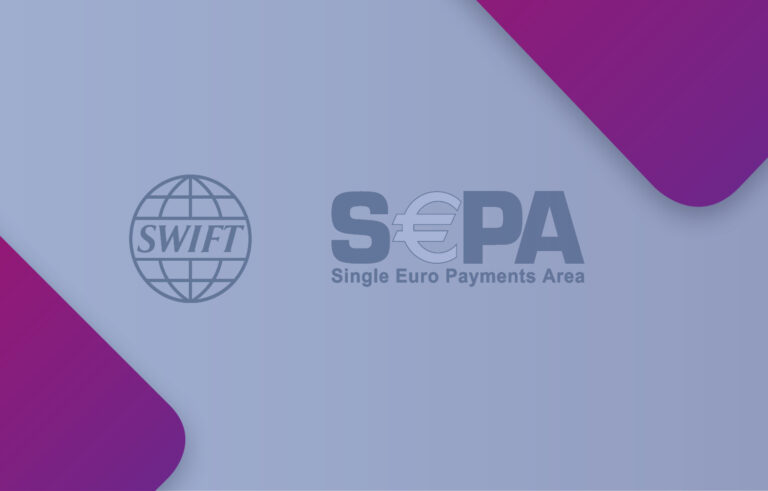
Aside from a broad spectre of processing solutions, Bilderlings Pay also develops specialised mobile applications to replace traditional privilege cards. We are able to develop a turnkey software product to deal with these tasks for businesses operating in any domain. Here is a more detailed description of the specific nature of this offer.
Most of today’s reputable enterprises issue traditional privilege cards. These are banks, supermarkets, beauty parlours, consumer electronics stores, construction material outlets, etc.
A mobile application with the entire range of functions inherent in a privilege card would definitely be off interest to those who perform most of their operations online. They are not the only ones, however. Such application will definitely be sought after by customers who prefer the use of modern technologies.
Still, the key distinction from the plastic card is different. Experts of Bilderlings Pay develop the privilege card application based on the popular neural network principle.
The mobile application analyses a person’s behaviour, requests and interests to make the right offer. That is, a mobile application based on the neural network algorithm is a more high-level tool as compared to a plastic card.
“In the image and semblance”
According to the classical definition, an artificial neural network is a mathematical model, as well as the software or hardware implementation thereof, built in accordance with the structural and functional principles of neuron networks of biological entities. In other words, it somewhat resembles the operation of a brain of a human being or higher animals.
Despite the seeming complicacy of this definition, we are already quite familiar with this principle. For example, when you look anything up using a popular search engine, you keep on seeing appropriately themed ads for several following days upon entering this system.
That is, the program “sees”, “recognises” and “remembers” you. Or, better to say in this instance, it recognises your IP address. It has analysed your behaviour in its environment, determined your preferences, and now selects things of particular interest for you from the entire array of advertising data at its disposal.
At that, aside from your specific request, the program also takes account of your location, as well as age and gender, if you have specified those when creating an e-mail account, for example.
At the current neural network development level, however, search engines are not exactly the best field for application thereof. Variance of a user’s behaviour and shortage of information on a user and his/her information are clearly incompatible in this instance. It is far simpler when applied to a customer who keeps on using the services of a specific company.
Scientists have borrowed the idea of neural networks from the nature, itself, using the operation principle of a living brain as reference. And, of course, initially these networks were designed for different purposes, for those of national importance. This includes scientific research and national security. As it often happens, however, the new special technologies have made their way into the business domain from there.
An artificial neural network is not programmed in the common context of this word; it is rather a self-learning entity. This is its core advantage. Thus, it is able to adapt its behaviour depending on the varying influx of data.
Such network is capable of summarising and supplementing these data through the use of other sources. That is, it can search for missing information, single it out from the informational background and use existing data to create new information. That is why these networks are referred to as predecessors of artificial intelligence.
“Always online”
Mobile applications gave birth to various devices, from regular cell phones to tablets, smartphones and other similar gadgets. The initial functionality thereof was restricted to basic features, such as quick access to electronic mail.
Over time, however, these have gradually found their way into different areas of our daily life. Now these allow reading electronic books, keeping diaries of one’s exercises, using various entertainment media: games, music, videos and, of course, communication. Mobile applications have also become an integral component of payment services, advertising, business, and, in particular, electronic commerce, as it was addressed on a number of occasions already by Bilderlings Pay.
Figures reflect the impetuous and dynamic growth of this software market segment. According to the forecast made by the American analytical company App Annie, the mobile app market is expected to grow to the level of $166 billion, which is going to make a 28.6% increase as compared to year 2016. Production of clone applications has become most widespread as well: the same analytical company carried out a study of this “grey” segment of the market.
It all goes to show that mobile applications now enjoy great and ever-growing popularity. In today’s world, mobile applications are a very important, if not mandatory, component of recreation and business activities.
These allow communication with any point on the global map at any moment. Businesses that use mobile applications have the opportunity to monitor all processes relevant to their respective domains of operation and get lucrative orders in advance of their competitors. Apps can also be used to promote a product or a brand, and to shape one’s image.
As the customer service experts of Bilderlings Pay keep emphasising, the usage of mobile applications makes it easier for your customers to pay for your products and services.
“The ever-lasting game”
Finally, the structure of mobile applications expands its adoption of artificial neural network algorithms. Obviously, this is going to become a common standard quite soon. Such mobile applications operate through a flexible interactive dialogue with the user. That is why these are a potent marketing instrument.
In fact, a “smart” application works for you – and to your benefit – even when you do not know it. It is capable of finding “an individual approach” to a vast number of customers. That is why investments into the development of an exclusive “neural” application can result in a handsome profit.
So, to get back to the issue of a mobile application to replicate the functions of a privilege card, there are at least three strategic advantages to be taken into consideration:
- As with the development of payment pages, Bilderlings Pay offers individual design of mobile applications, customised to match the common style solution of a brand.
- Such approach is targeted at the specific segment of one’s audience, i.e. the people who are keener on using cutting-edge technologies in their daily life. They are capable of dynamic thinking and fast decision-making.
- Permanent dynamics of one’s relations with a customer. A plastic card is a thing you can simply leave in a remote corner of your wallet. In turn, a virtual interactive privilege card is rather a process, an ever-lasting game of a kind.
- A flexible system of discounts, bonuses, benefits and proposals is built in accordance with the preferences of a specific person. That is why it is very likely that the person who gains access to this range of features is going to perceive such card as a truly valuable gift for him/her individually.
Subscribe to our Facebook profile to stay aware of the latest news in the world of electronic commerce, and feel free to contact the experts of Bilderlings Pay if you need to set up a means to receive payments; we will gladly pick the best offer for you.








